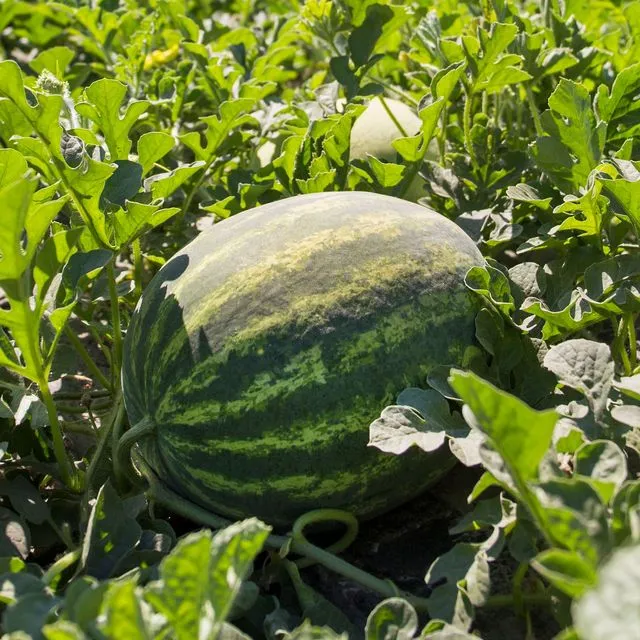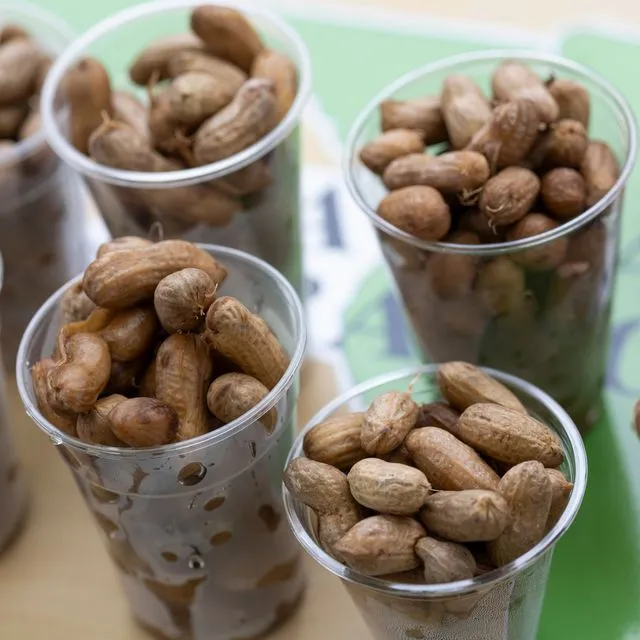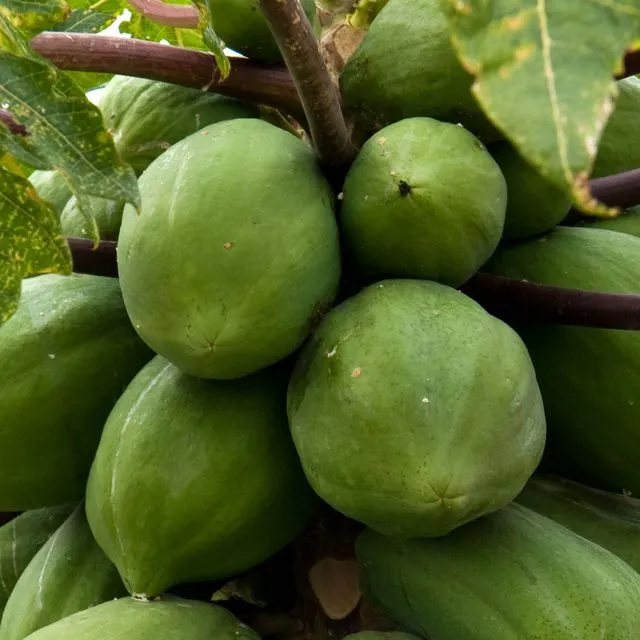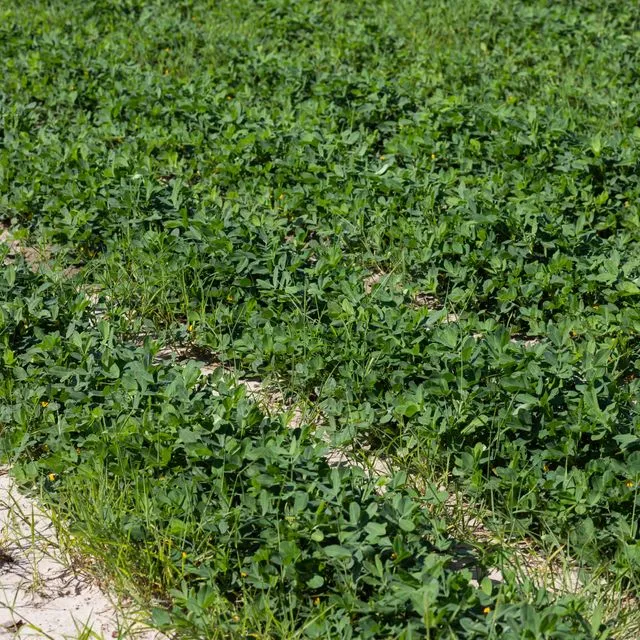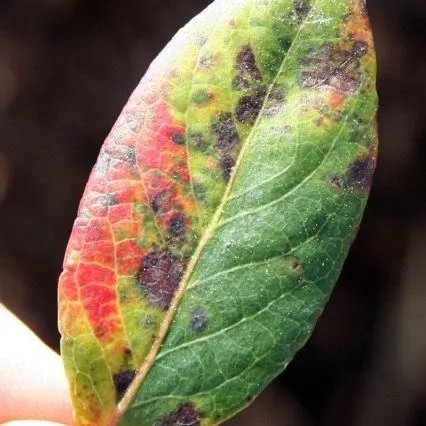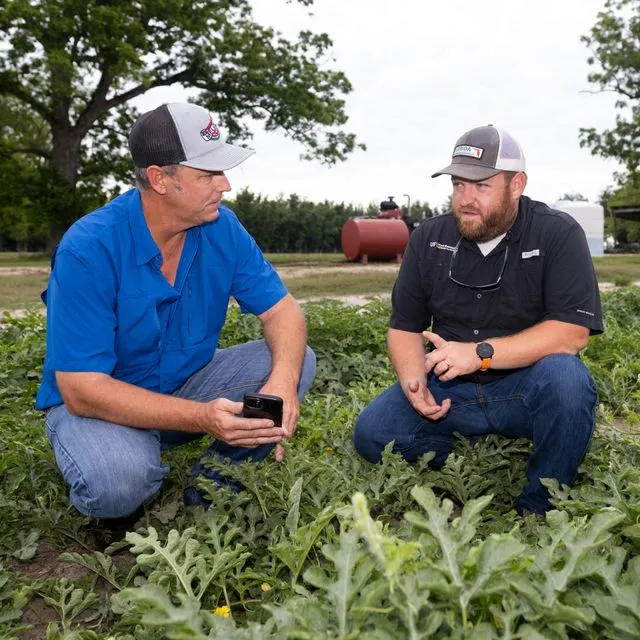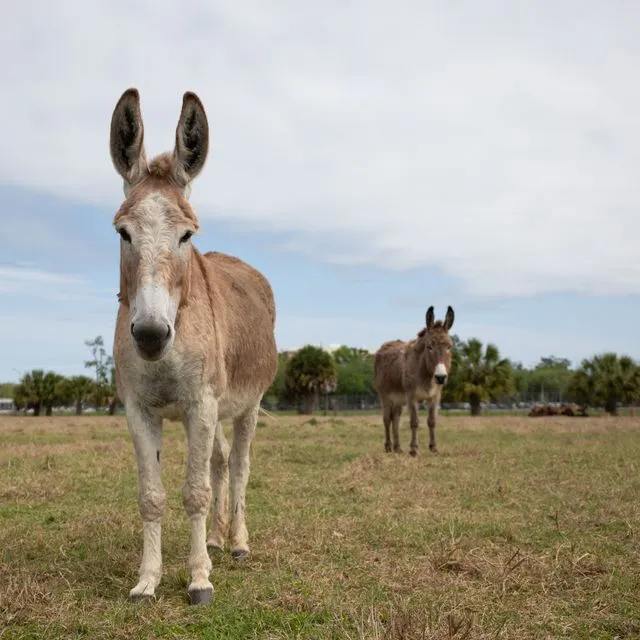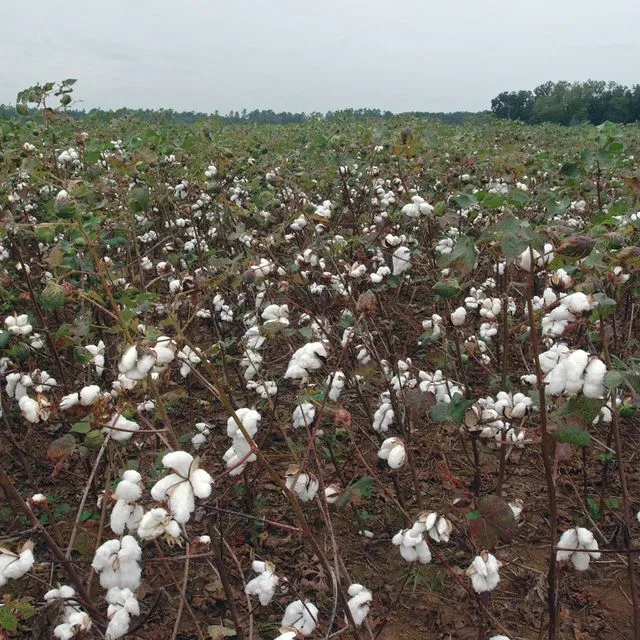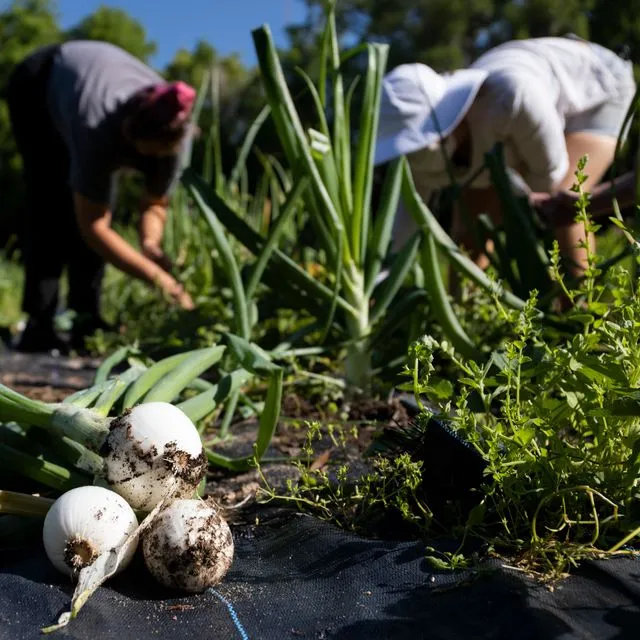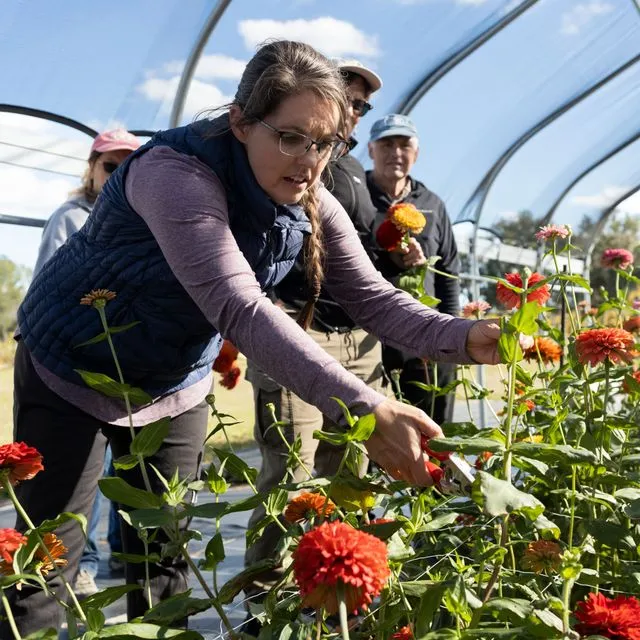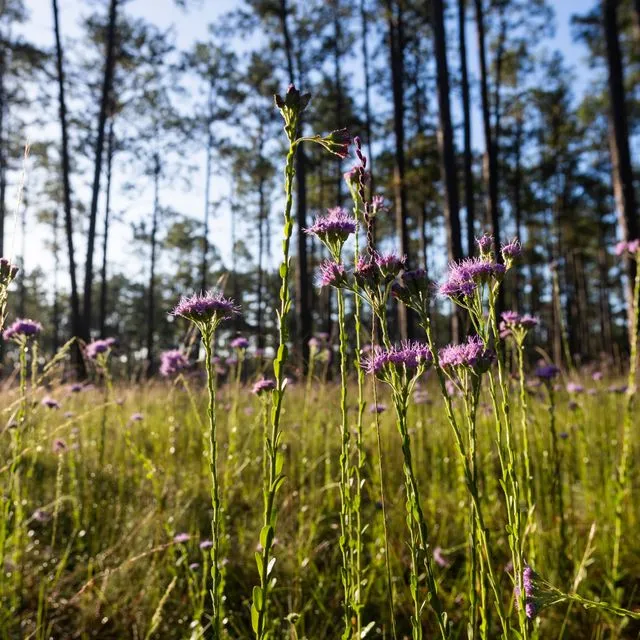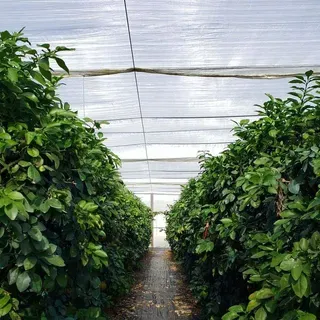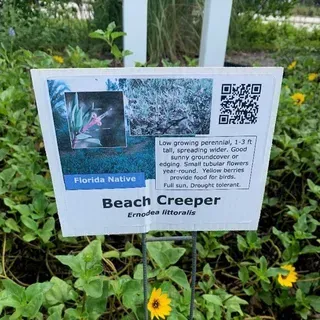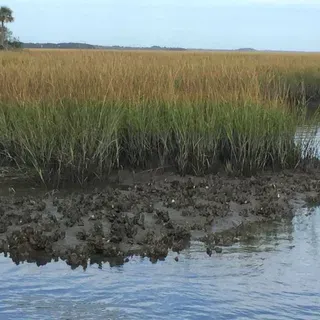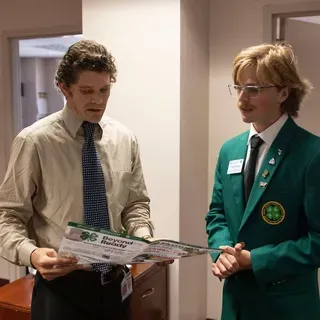Did you know?
Recent & Revised Publications
25,000 to 30,000
# of bees needed to survive the winter
A healthy colony consisting of 25,000 to 30,000 bees is an adequate size for overwintering success.
95°F
Proper Temperature for Baby Chicks
Newly hatched chicks need to be maintained at 95°F for the first week of their lives. After the first week, chicks can tolerate temperatures 5°F cooler for each week until they are four weeks old.
65,479
U.S. residents have their identity stolen each day
This publication is based on the insights of individuals who have been through this experience, researched it in depth, and have attempted to break it down into understandable segments.
$4.09 per lb. of N
Value of Denitrification
Based on the average wastewater treatment cost of N removal for Florida Counties. One of the ecosystem functions of Living Shorelines is enhanced denitrification.
more than 1,700
homes built endangered woodrats
More than 1,700 supplemental woodrat nest structures have been installed across protected areas in northern Key Largo to aid in woodrat recovery

